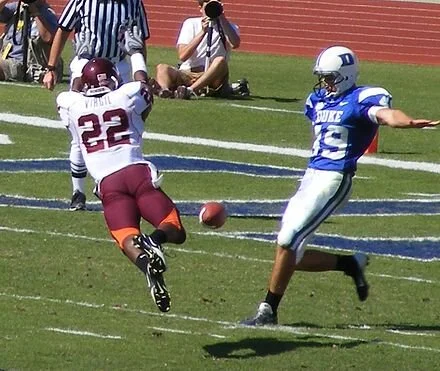MANCHESTER, Conn.
Gov. Ned Lamont seems to realize that Connecticut probably won't stand for another catastrophic lockdown in the name of controlling COVID-19, a virus that 99.8 percent percent of afflicted people survive. But rather than acknowledge this plainly and caution people that they must take the primary responsibility for protecting themselves, the governor has passed the buck to the state's 169 municipal governments.
The governor is putting them in charge of determining whether and where people should be required to wear masks again. This may lead to giving local officials the authority to set other rules of virus safety.
With the cities lagging badly in virus vaccinations, their mayors seem eager to order masks back on, which will push retail and restaurant business out of the cities and into the suburbs, as if city businesses can afford it.
Local option on virus safety makes little medical sense. Crowds in a suburb may pose no less risk than crowds in a city. But henceforth the resentment felt about the virus epidemic and government's regulations about it may be directed at mayors and town councils instead of the governor.
Lamont is a Democrat and Republicans long have wanted the General Assembly to end his emergency authority to rule by decree, and now, with his epidemic management no longer so successful, the governor may be happy to go along. Call it decentralization, with potentially different rules in 169 little republics and thousands of offices, stores, and restaurants.
Treatments vs. Vaccines
While the government and the medical establishment keep insisting that the virus vaccines are absolutely safe, every week brings word of a new side-effect unknown when the vaccines were authorized for emergency use and said to be so safe. The other week the vaccines were linked to eye problems.
Meanwhile the virus is mutating into "variants," more vaccinated people are becoming infected if not seriously ill, and there are signs that the vaccines may lose effect with time, perhaps as little as six months, thereby requiring frequent booster shots or entirely new shots each year, like ordinary flu shots.
So maybe eventually the government and medical authorities will start wondering whether the approach to the virus should shift to treatment and away from vaccination.
After all, doctors and hospitals have learned to treat virus patients with far more sophistication than shoving ventilators down their throats, as was the practice at the beginning of the epidemic. Does anyone remember the clamor a year and a half ago for production of millions more ventilators? They turned out to kill as many patients as they saved and the clamor stopped.
For there are effective treatments for COVID-19, and two more were announced the other week by Israeli scientists.
The first was about a study validating use against the virus of the anti-parasite drug ivermectin. Its efficacy has been established by other studies but U.S. authorities seek to suppress it lest it interfere with the vaccine campaign.
The second announcement revealed that a medicine based on the CD24 molecule, found naturally in the human body, cures 93 percent of seriously ill virus patients in less than five days.
These treatments appear to be inexpensive and unlike the vaccines have no side-effects. Also unlike the vaccines, there's no big money in them, which may be their weakness.
“Equity’ Isn’t Fair
Government in Connecticut has a funny idea of what it calls "equity.”
Marijuana-retailing permits are to be reserved for "communities" that disproportionately suffered from the futile "war on drugs." But those "communities" also disproportionately profited from the contraband drug trade. For every drug dealer who was prosecuted there were several who made a lot of money and were never caught.
So where is the patronage for people who, despite the futility of the "war on drugs," obeyed the law and forfeited their chance to profit from contraband?
And to overcome skepticism about the COVID-19 vaccines, government is offering prizes and cash bounties to people who accept vaccination after rejecting it so long.
So where are the prizes and bounties for the people who, heeding government's urging, got vaccinated as soon as they could?
"Equity" sounds mainly like a way of discouraging questions.
Chris Powell is a columnist for the Journal Inquirer, in Manchester.











